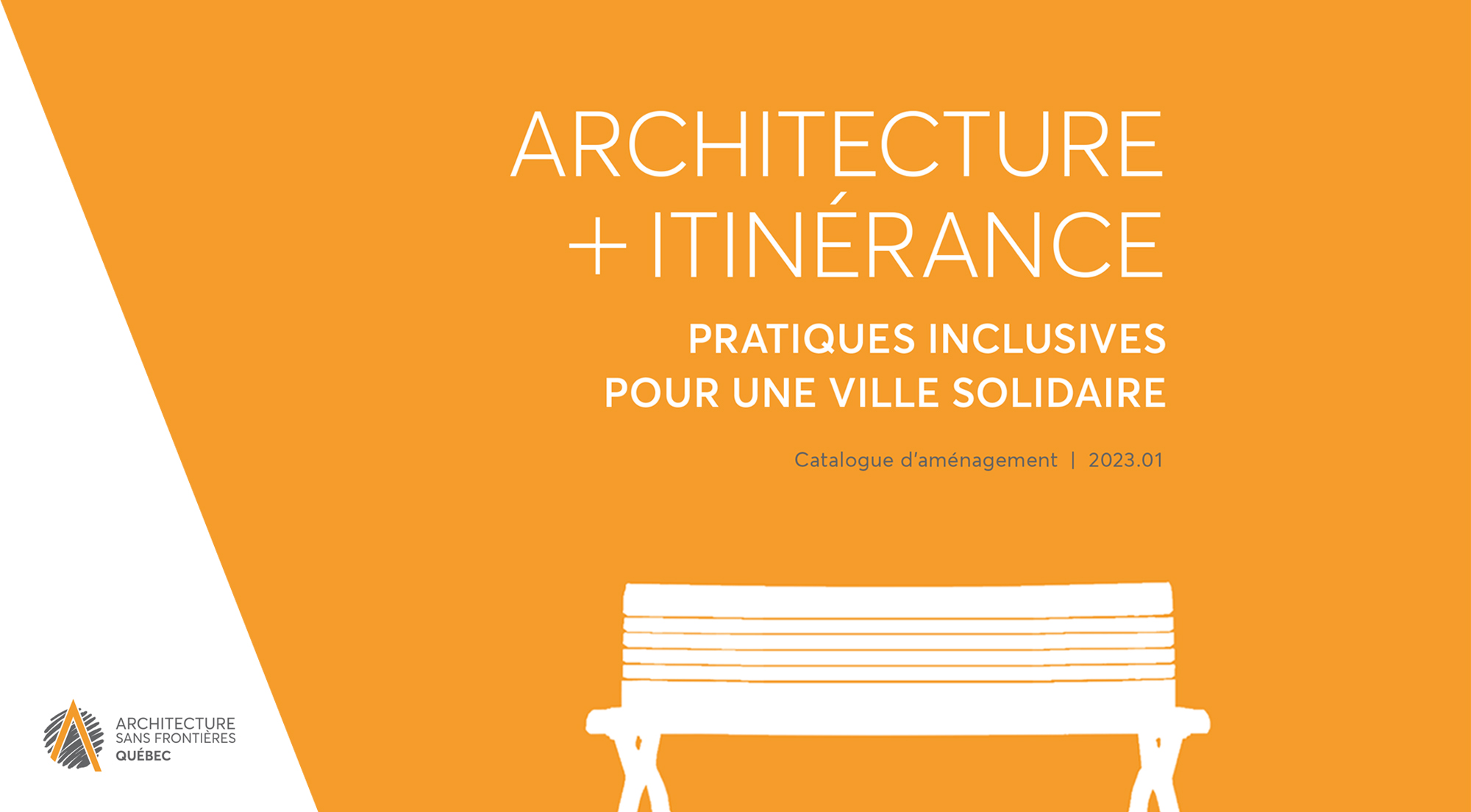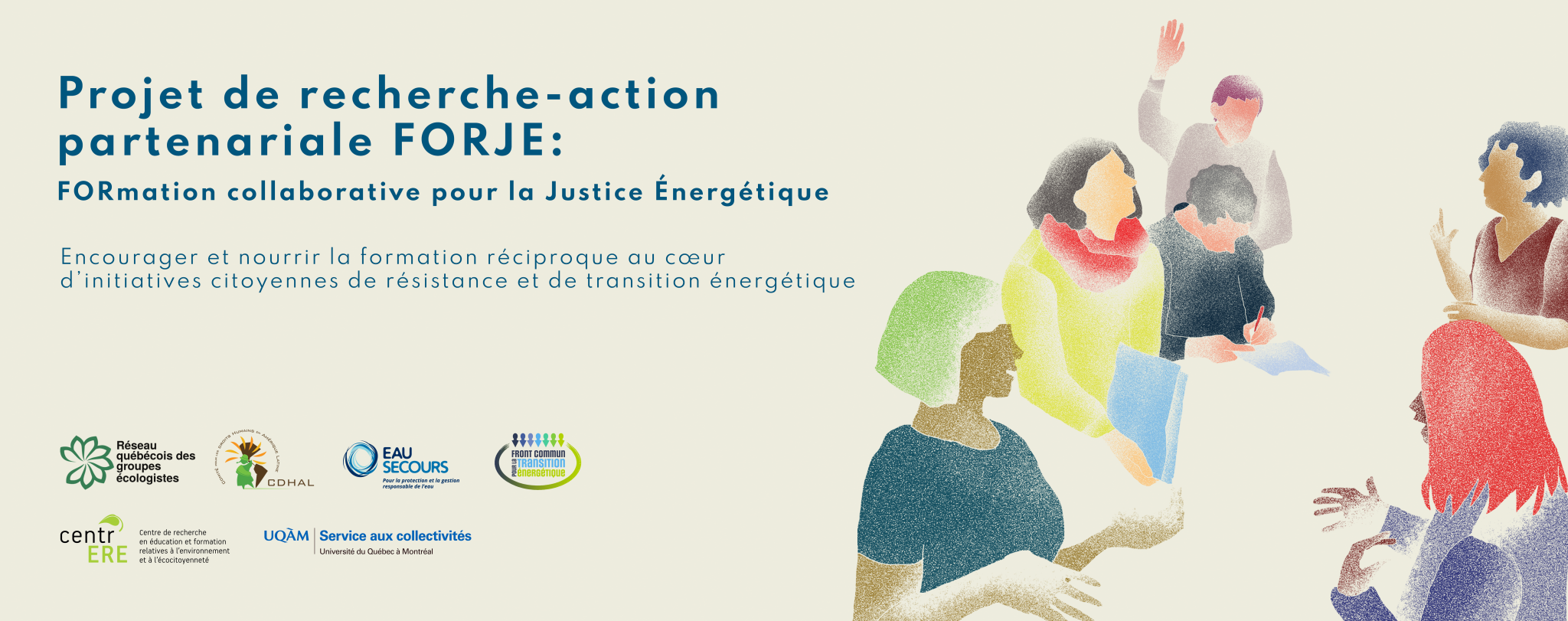Cities, Climate and Inequalities - Architecture + Homelessness: Inclusive practices for urban solidarity
30 April 2024
By Carolyne Grimard, Sonia Blank, Sarahlou Wagner Lapierre, Elizabeth Prince and Véronic Lapalme
The COVID-19 pandemic, combined with the housing, migration and climate crises, has increased inequalities and exacerbated homelessness in urban areas. How can we engage architecture to transform our cities in solidarity with people experiencing or at risk of homelessness? Research carried out by the team of Architecture Sans Frontières Québec (ASFQ) and the Université de Montréal has identified planning gestures aimed at reversing the dynamics of exclusion, reconsidering perceptions of home and adapting design to the realities of life in public space.
Cities, Climate and Inequalities- Fighting for a just transition in the local political arena: Challenges and opportunities for reciprocal training between elected officials and residents
30 April 2024
By Anne-Sophie Bendwell
Citizen mobilization for the energy transition in so-called Quebec has been in full swing in recent years. One of the strategies of activists is to invest local political spaces. To facilitate this strategy, we analyzed the results of a focus group that then informed a literature search on the theme. In the light of these results, we propose avenues of reflection for the reciprocal conformation of the various actors involved in local politics.

